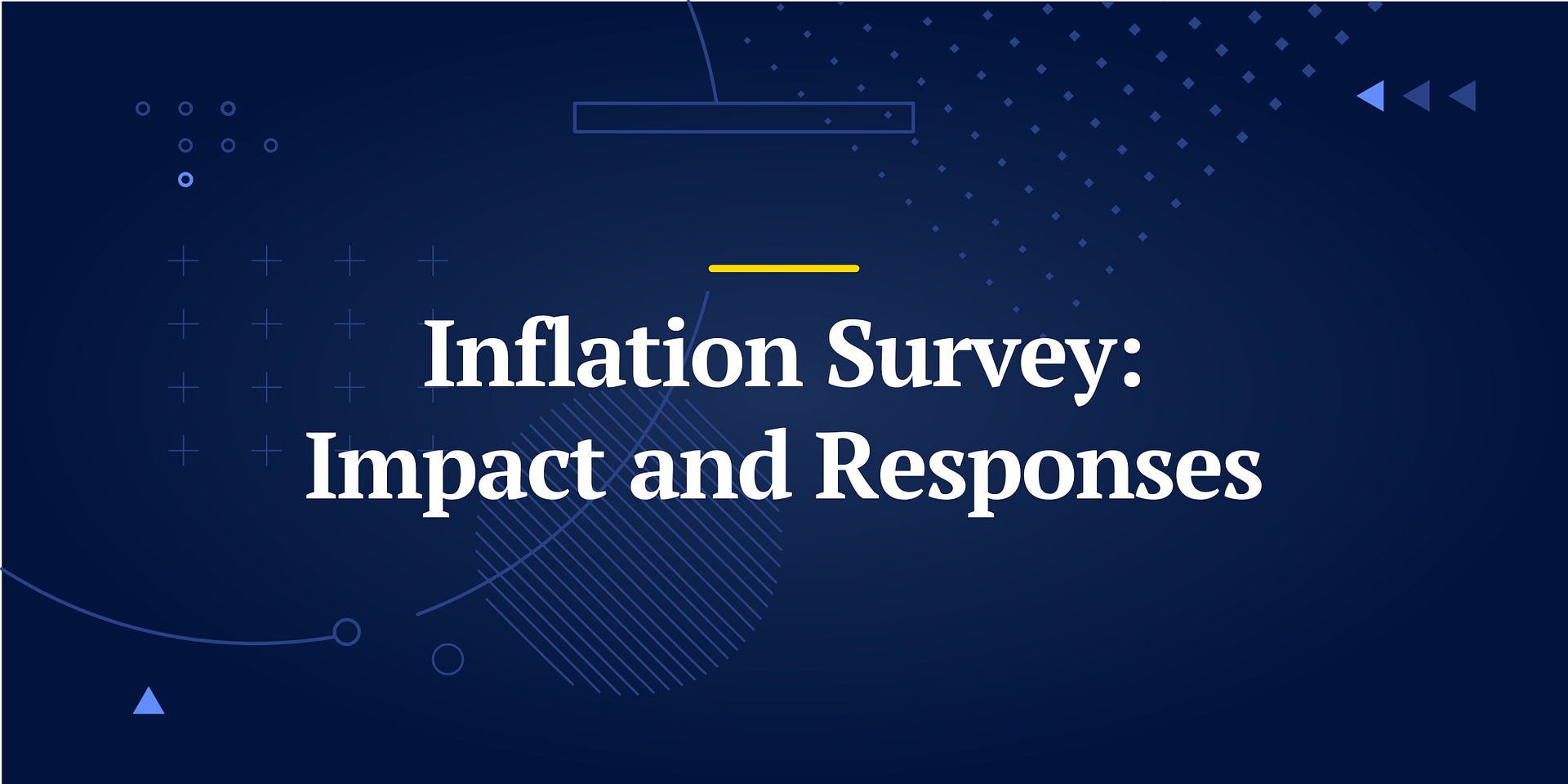The Impact on American Budgets
We asked three questions aimed at determining how Americans are responding to soaring prices,
Did You Do Any Of The Following in the Last Six Months?
Three responses were the most common. 30.41% of respondents worked more hours, 28.86% sold personal belongings to make money, and 28.02% canceled a trip or vacation.
Slightly smaller numbers reported delaying paying debt, delaying buying a car, taking a second job or side hustle, cutting back or eliminating investments, and skipping medical appointments.
Did You Have to Borrow Money or Take Out Credit to Cover Ongoing Expenses in the Past Six Months? If You Did, What Did You Use?
53.8% of respondents took on more debt to help them deal with rising prices. 27.89% reported putting more money on credit cards, with smaller numbers reporting borrowing from friends and family and using personal loans, cash advances, buy now pay later plans, and loans from retirement accounts.
Respondents from all income groups reported high reliance on credit cards, ranging from 26% to 30%.
With interest rates rising rapidly, reliance on credit in general and credit cards in particular only adds to the financial burden, another indication of unsustainable responses.
If You Had to Borrow Money to Cover Ongoing Expenses in the Past Six Months, How Much Did You Borrow In Total?
Responses here were heavily proportional to income. Lower-income respondents ($50,000 per year and below) were most likely to report borrowing $500 or less, middle-income respondents ($50,000 to $150,000) typically reported borrowing $500 to $1000, and those earning over $150,000 borrowed $2000 to $5000.
Here’s more on how Americans are coping with inflation.
Inflation and Mental Health
The connection between financial stress and mental health is well documented. We wanted to know how Americans perceive the impact of rising prices on their state of mind.
Over the Past Six Months, How Has the Rising Cost of Living Made You Feel?
Only 9.75% of respondents reported no psychological stress. 50% to 60% of all income brackets reported feeling stressed, worried, or anxious, 10% to 20% reported ander, and 10% to 12% reported depression.
“All of the above” was a popular option for those who selected “other”.
What Were the Specific Causes of These Feelings?
The financial stress that Americans are feeling derive from concern over the price of necessities. 40.67% were worried about paying bills, 30.86% were concerned about being able to afford food, and 29.76% were stressed over the cost of housing.
33.7% cited credit card debt, another indication that rising interest rates will bring continued pain.
Did You Make or Plan To Make Cuts In Your Spending on Any of the Following?
This question was designed to determine whether Americans are reducing spending designed to help them cope with psychological stress.
27.05% planned to cut gym memberships, 15.56 on mental health apps or subscriptions, and 14% were cutting back on therapy.
59.05% did not plan to cut back on any of the options, possibly because they weren’t using them in the first place.
Here’s more on how inflation is affecting mental health.
Inflation and Holiday Spending
The year-end holidays are an important source of relief for many Americans and an equally important source of revenue for many businesses. We wanted to know how inflation would affect holiday spending.
Do You Expect to Cut Back on Holiday Spending This Year?
82.5% of respondents reported that they will reduce holiday spending this year. This ratio held up with minimal variation across all income and age groups.
Where Will You Cut Spending?
The leading areas for spending cuts were gifts for family members (48.61%) and gifts for friends (44.35%). 40% reported that they will cut back on holiday travel, while food and alcohol were selected by 30% each.
What Gifts are Most Likely to be Cut?
Electronics were the leading category selected for spending cuts (42.8%), followed by jewelry and watches (41.45%), cosmetics and perfumes (30.28%), sports equipment (27.89%), and toys (27.89%).
The reduced spending is likely to have a significant impact on businesses that depend on holiday spending for a substantial part of their earnings.


